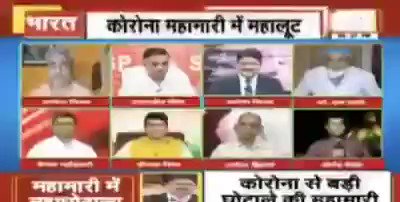Asmita
3:01
3:02
3:02
3:03
3:03
3:04
3:05
3:08
3:08
3:09
3:11
3:11
3:11
3:11
3:13
3:14
3:15
3:16
3:16
3:17
3:18
3:19
3:20
3:21
3:21
3:23
3:23
3:24
3:24
3:25
3:26
3:27
3:28
3:28
3:29
3:30
3:30
3:31
3:31
3:32
Connecting…





